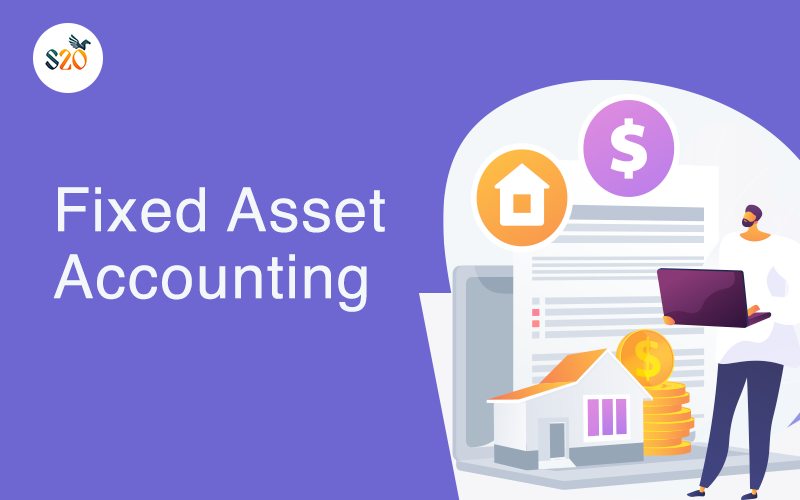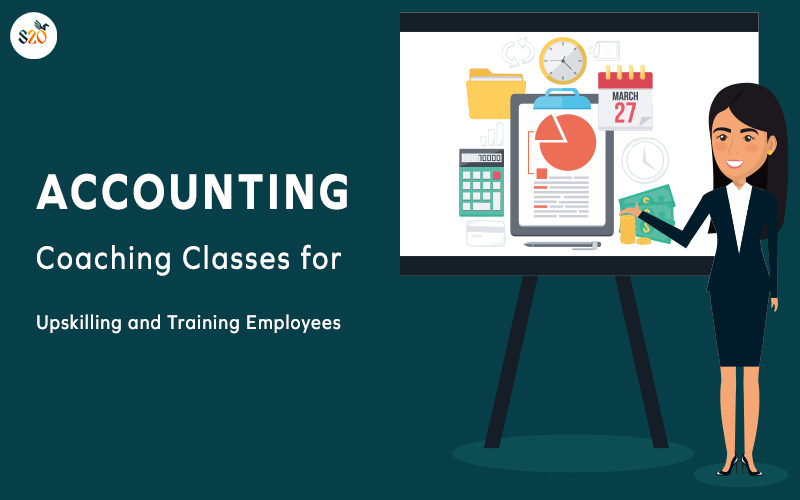Every modern-day activity that we can think of right now, is either directly or indirectly dependent on technology. Starting from electric toothbrushes to Electric cars with autopilot mode, humans have made extensive use of technology in various fields.
Just like every other field, business is also one of the most important fields of all time and the language required to understand this important field is accounting. Technology also plays a huge role in accounting. Let’s learn more about this amazing connection.
What Is The Relationship Between Accounting And Technology?
Accounting is the language of business. It has been through many changes and modifications throughout the years. But, technology has always been a very important part of accounting and it makes the accountant’s job a little easier. Technology has helped increase the efficiency and ability of an accountant to assess statistical values.
It has also enhanced the ability of an accountant to interpret the language of businesses with such ease and that has made the accountant a corporation’s most trusted business advisor. One should consider an account taxation course in Ahmedabad to learn more about it.
What Is The Role And Impact Of Technology On The Accounting Process?
Accounting was once done by hand but now technology has made it possible and also very easy to record information in real-time, collect and compile information from various sources and also automate repetitive tasks.
This allows the professionals to focus more on other important tasks like giving financial advice and monitoring the performance. IT has also helped industries and companies reduce errors and make better financial decisions.
Technology has impacted the accounting field in more than one ways-
- Accessibility Of Accounting Data Has Improved A Lot
With the use of technologies like cloud accounting services, any authorised user can access the information required from anywhere they have internet. This saves the time of an accountant physically downloading files and sharing it with other users.
These services can also be accessed from the mobile device of the user. This has improved the efficiency of the work done a lot.
- Automated Data Entry
There are many popular accounting software nowadays that can integrate with invoicing, payment and payroll services as well as full enterprise systems. So that accounting records can be automatically be updated as transactions happen, this gives the software access to real-time information.
Altogether, these technologies reduce the need for manual entry and save the accountants crucial time that they can use for other tasks. This has brought changes to the role of an accountant today. Now, the accountant can spend more time analysing financial data and advising management.
- Accounting Data Is More Accurate
The most obvious impact of technology in accounting is the reduction of errors. Accountants can now easily rectify the mistakes and also provide companies with more useful financial information.
Automation of the recording processes has reduced human errors to a huge level. It also checks for common errors and notifies the accountants instantly so they can address the issue without wasting any time.
- Better Decision Making
Apart from various other features, technology also helps accountants search for numerous financial documents for all types of important information and even assess the impact of certain financial decisions. Account taxation course in Ahmedabad is the best choice to learn more.
What Are The 5 Roles Of Accounting?
Accounting serves the purpose of providing financial information to the stakeholders of the business: management, investors and creditors. The measure and summarization of the activities of the company are seen by the accounting department. After the evaluation, the results are communicated to the management or the specific party.
5 functions of Accounting are-
- Forming A Plan And Controlling Financial Policy
Several financial information is proposed before the management so that they can control the financial policies and formulate plans concerning the future activities and course of action.
- Preparing A Budget
An estimation of the income and expenditure is prepared based on future activities. This is also one of the most important roles of accounting. It also provides all the necessary information required for preparing this budget. Later on, carried out expenditures are compared with budgetary elements.
- Cost Control
A standard cost is estimated ahead of every cost. The necessary information for estimation of the cost is available from the past accounting records. The actual cost and the standard one are compared for calculating the efficiency of work.
- Evaluation Of Employees’ Performance
Information required for evaluating the assigned task of employees of every department is provided by the accounting department.
- Prevention Of Mistakes And Deceit
The accounting system helps check the activities of the employees to prevent errors and fraud.
6 Reasons Why Tech Is Important For Your Accountancy Practice
The language of business needs to be updated with the technological advances so that they can respond to the market conditions and clients’ needs properly.
Digital resources and online tools have increased productivity a lot and also helps the organization. Electronic accounting has absolutely replaced manual accounting. It has not only reduced errors to a large extent but also saved a lot of time, increased accuracy and other advantages.
Therefore, the accounts should always be updated and aware of all the technological advances. You can learn more about it in the accounting training in Ahmedabad.
Out of all the numerous, here are 6 reasons why tech is important for accountancy practice –
- Digitization Of Documents
Maintaining manual paper records is very costly and time-consuming task. Hardly anyone believes otherwise. Apart from that physical space is also an issue that needs to be considered.
Physical storage is being slowly replaced by digitized documents. Ease of access is one of the major factors to be considered. Anyone with proper authorization can easily gain access to them. - Elimination Of Bureaucracy
Online accounting systems are platforms that are simple and intuitive and provide direct channels to clients as well as conduits for various information, documents and other items that can be digitized.
This saves time and also eliminates layers of bureaucracy. These platforms also provide various online management tools that help reach goals and complete tasks. - Virtual Calendars And Task Management
The cornerstone of today’s running of the office is the online diary. Calendar management tools that help in setting alerts for meeting deadlines and avoiding fines are offered by various digital platforms.
These tools are easily accessible and useable even through mobile devices and any updates are shared immediately between the members. - Specific Tools For Accounting And Tax
The use of digital platforms that offer specific tools for accountants is a very important choice. A system that is fully compliant and updated regularly is what any accountant will want for better performance.
Along with all the basic features, if it offers any additional tools such as automation and reporting, the productivity is increased and so is the operational efficiency. - Regular Training
If the gains derived from technology are to be maximized, regular training of the employers is very essential. It is only through this training that accountants and other professionals will be able to deliver and fulfil the expectations of the management.
If the gains derived from technology are to be maximized, regular training of the employers is very essential. It is only through this training that accountants and other professionals will be able to deliver and fulfil the expectations of the management.
A trained professional will always be on the lookout for any sort of errors and thus avoid them. It also saves time for the business. technology comma inclusion of legal compliance and changes in legislation should be considered for the training. Accounting Training Course in Ahmedabad is something you could think about for a better understanding. - Connecting To Customers
Accounting professionals and customers have been brought closer with the help of technology. Communication is much easier and instant through many dedicated platforms that are present online nowadays.
It saves a lot of time for both the clients as well as the professionals and also increases efficiency. Technology also helps in easy tracking of customer services and helps in easy improvements, thus improving customer satisfaction.
Conclusion
What concerns accounting is mainly the quantitative expression of economic phenomena. The main functions of accounting are to measure the resources held by certain entities, to reflect the claims against and the interest in those entities, to measure the changes in those resources claims and interests, to assign the changes to a specific period, to express the preceding in terms of money as a common denominator.
Technology plays a huge role in modern-day accounting. Accountants keep themselves updated with the latest technological advances to improve their performance and efficiency. It is not just about flawless work or time management, it is also about many other factors such as customer satisfaction, meeting of deadlines, and proper utilization of physical space.














